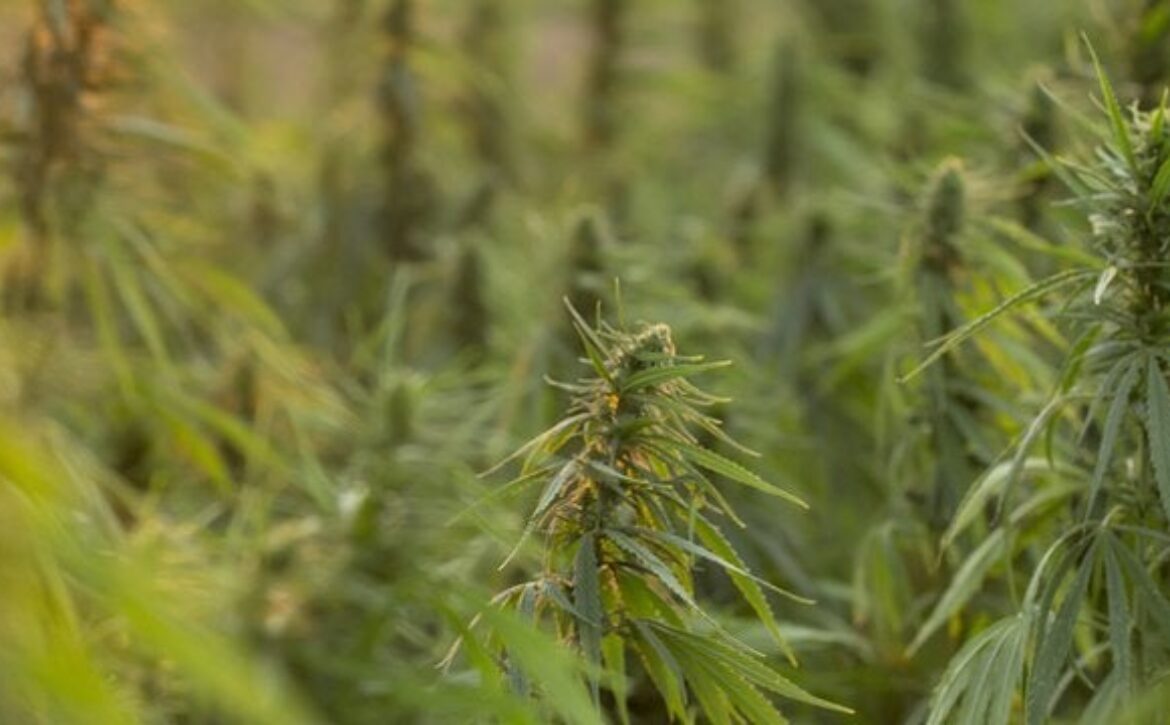This new type of opportunity zone could be an additional way for investors to benefit from tax advantages while gaining access to a budding industry. Learn what an Hemp Opportunity Zone is and the opportunity for investors in this market.
Opportunity zones, explained
An opportunity zone is intended to attract capital to low-income or undercapitalized areas of the United States as identified in the 2017 Tax Cuts and Job Act. Metrics such as the poverty rate and median income are used to classify census tracts as areas in need of economic stimulus.
One of the biggest advantages to a real estate investor is the eligibility to defer capital gains tax on a step-up basis. In addition, depending on the length of time the investment is held, from 5 to 10 years or more, investors are also eligible for anywhere from a 10% reduction in capital gains taxes from taxes earned in the opportunity zone investment.
Hemp Opportunity Zones, explained
Hemp, a non-psychoactive form of cannabis, was removed from the Controlled Substances Act with the 2018 Farm Bill. Any Cannabis sativa L. that has no more than 0.3 percent of the psychoactive compound delta-9-tetrahydrocannabinol (THC) on a dry weight basis is therefore legalized federally. Hemp is often used as food for humans and animals, for creating commercial products like textiles or rope, and even bioplastics or biofuel. It’s also used to create a durable building material called hempcrete, which is nontoxic; mold-, fire-, and pest-resistant; and carbon negative, among other benefits.
Continue Reading at Million Acres
